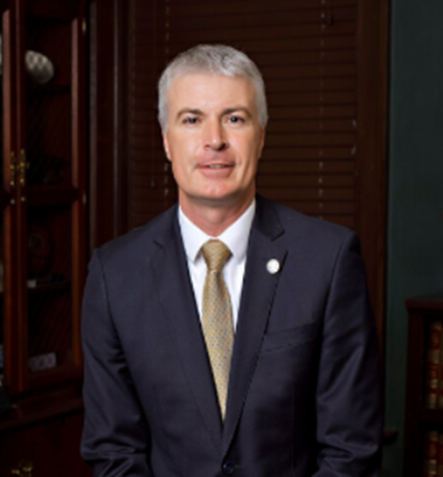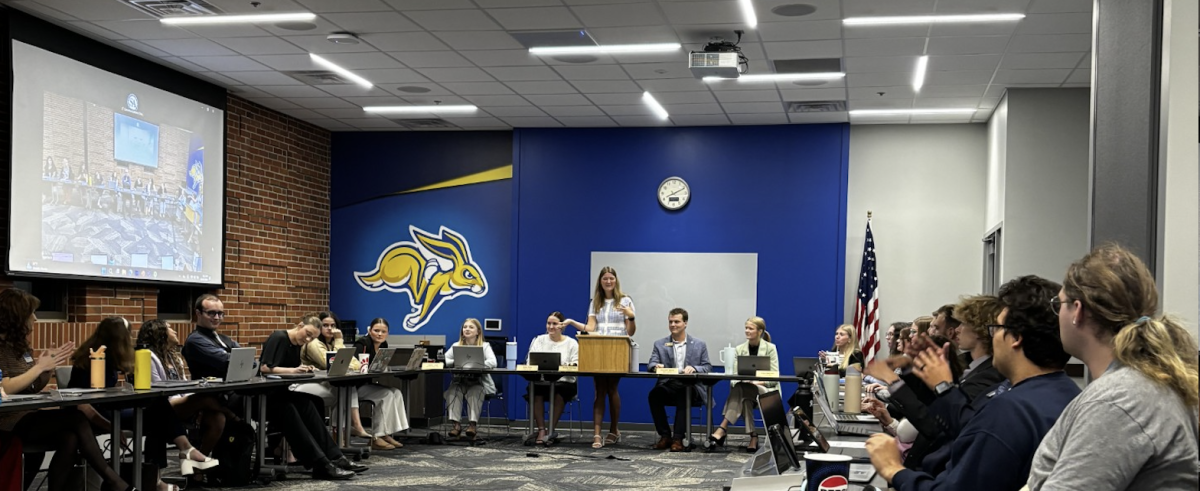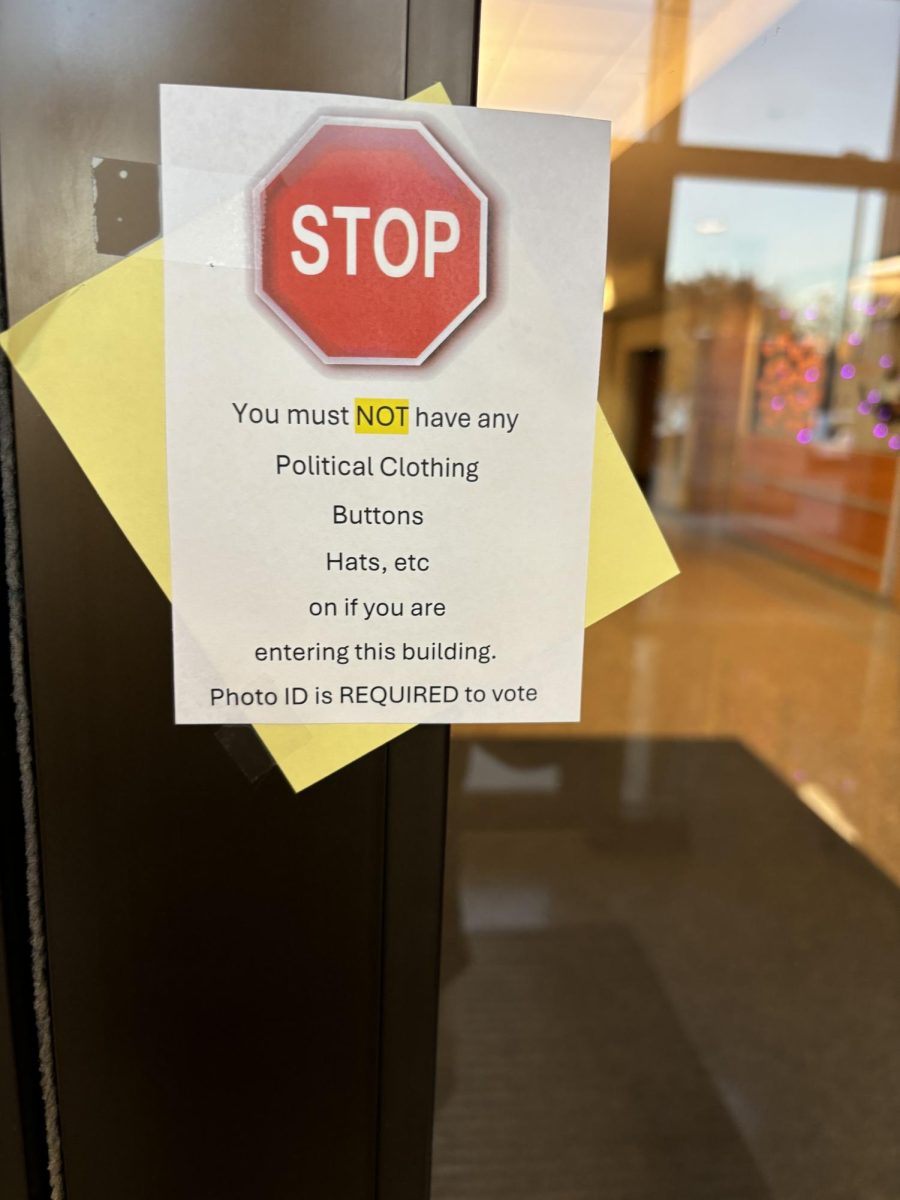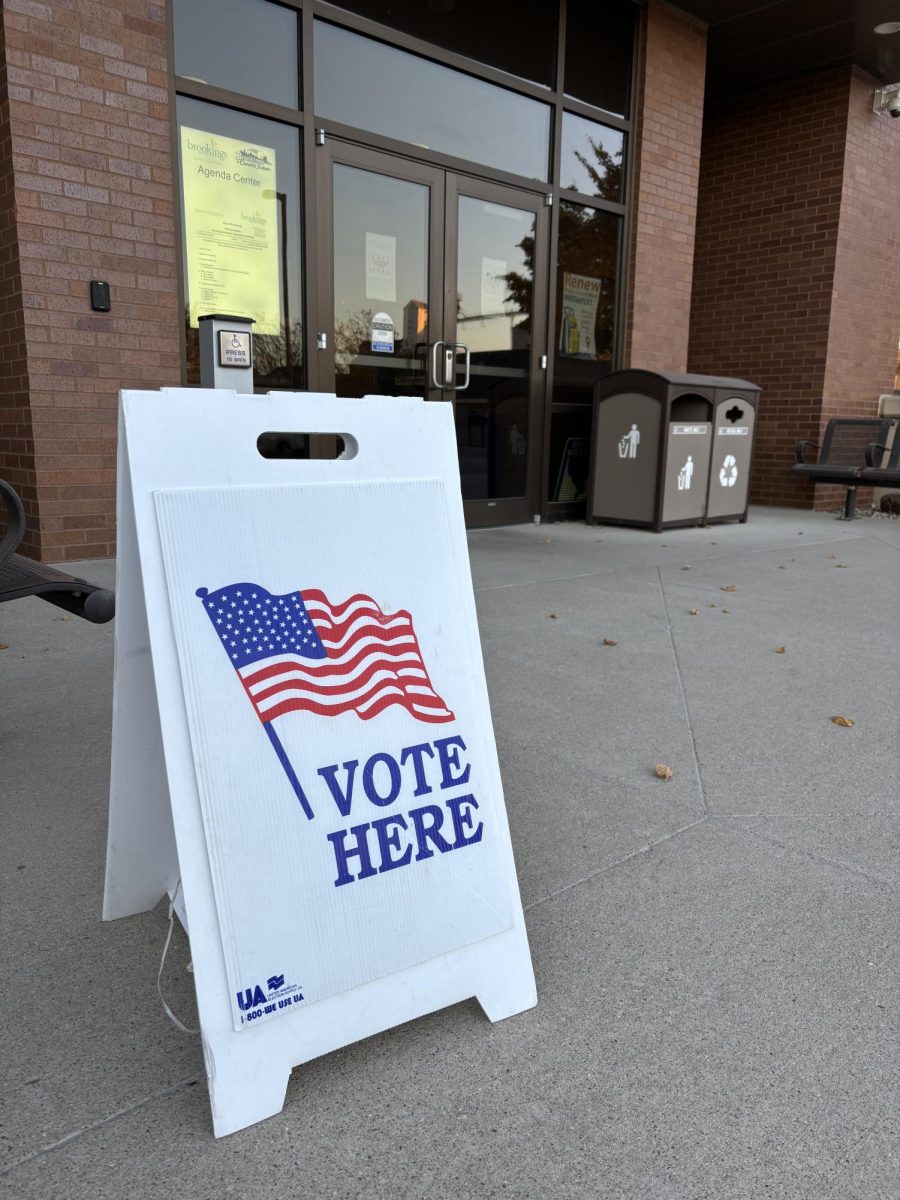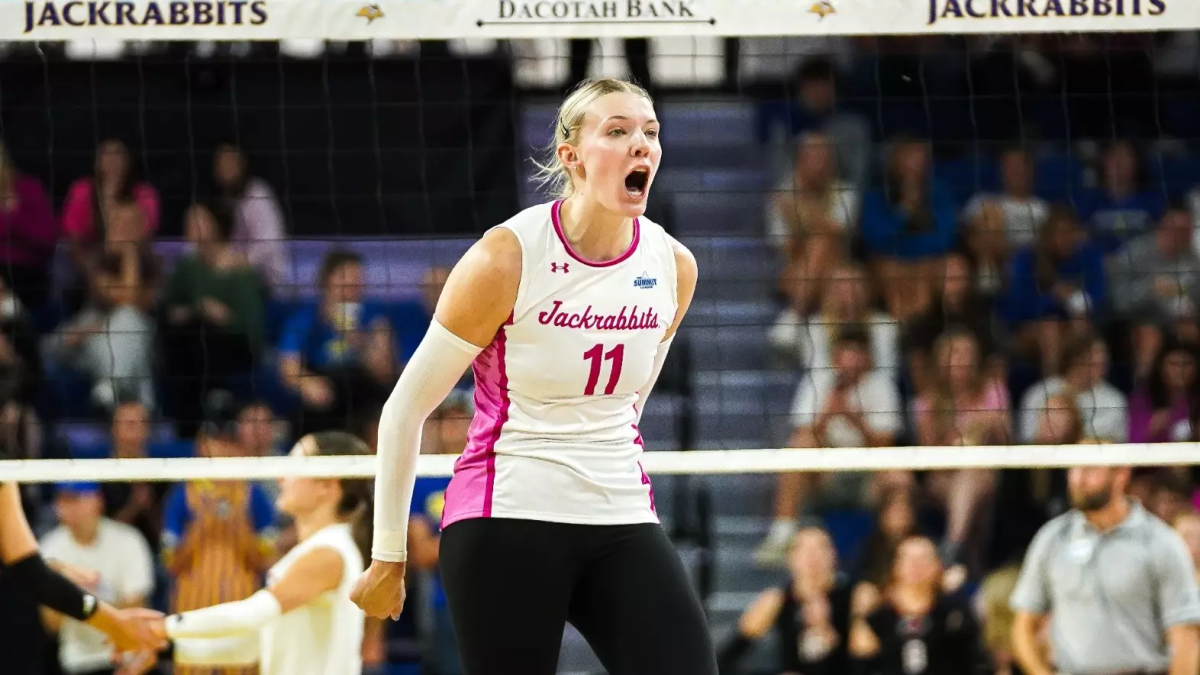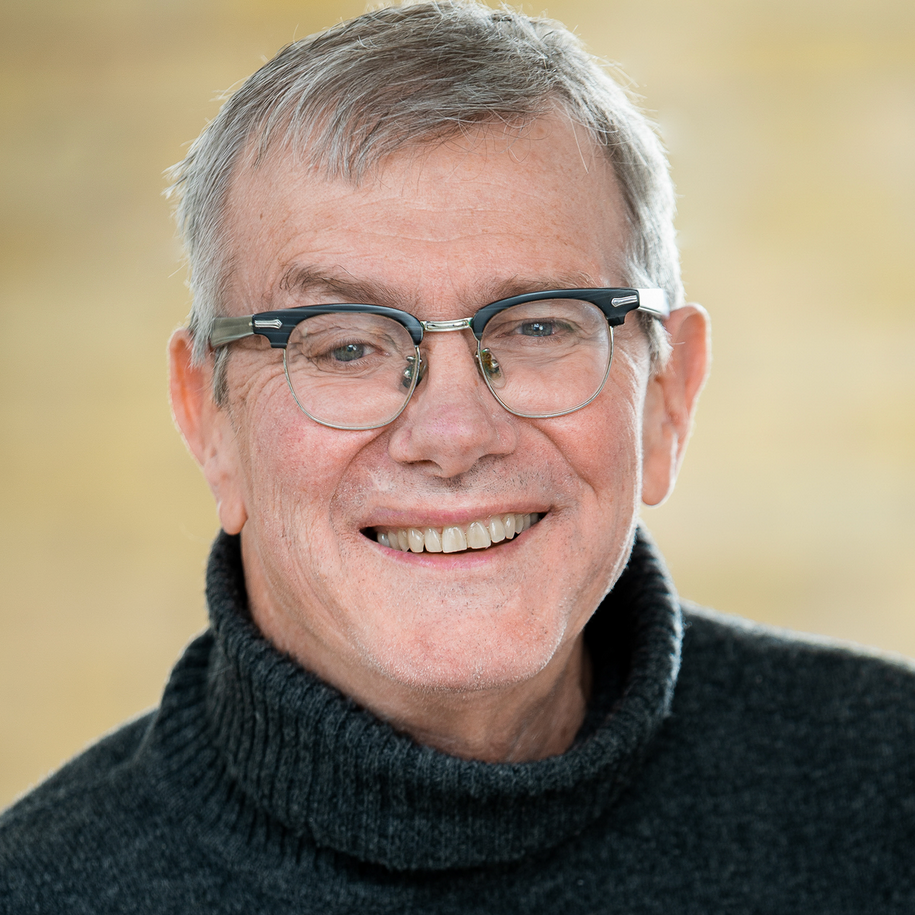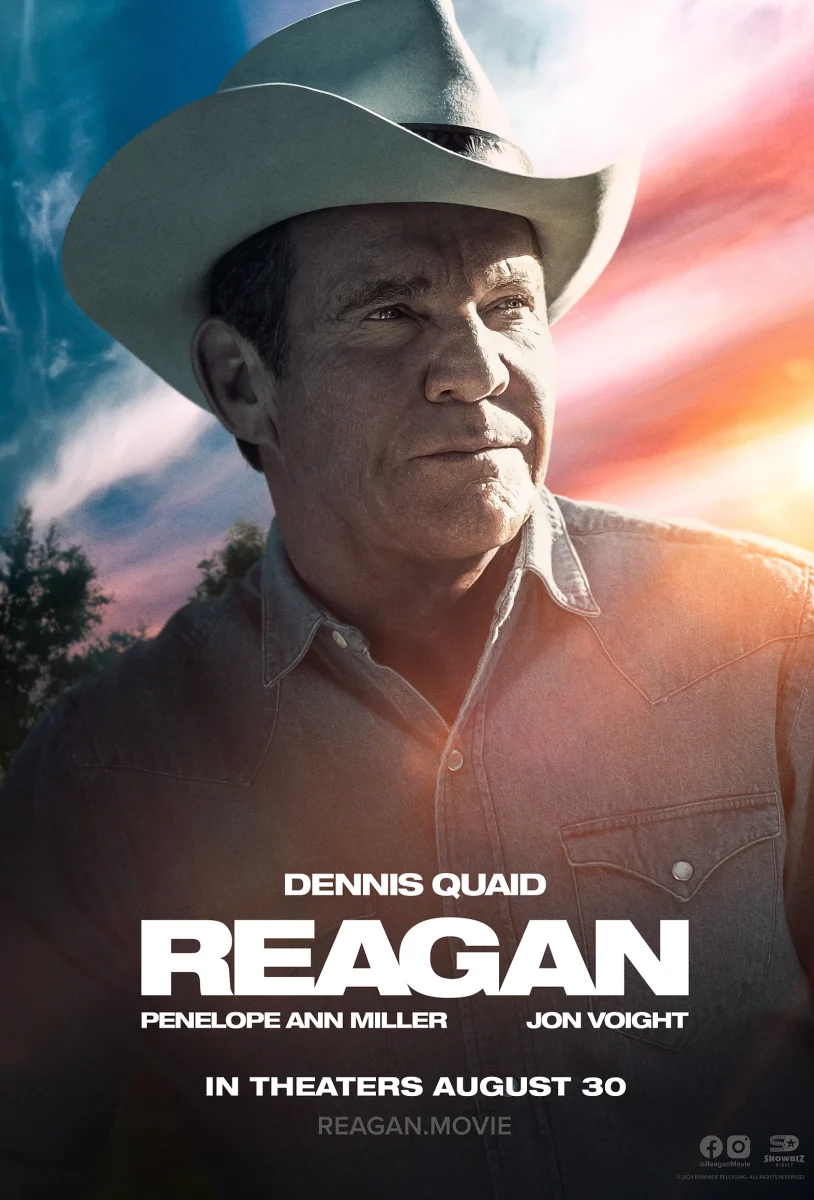Robinson discusses ethics, human rights
February 24, 2004
Todd Vanderwerff
Mary Robinson, the former President of Ireland and former head of the United Nations’ human rights committee, highlighted the injustices of the modern world when she spoke Wednesday at the Performing Arts Center.
Robinson, who spoke as part of the annual Griffith Honors Forum Lecture, believes that the world needs to get back on the track it was on before Sept. 11 in regards to addressing globalization and other global issues in an ethical manner. She said that security has been a concern since Sept. 11 for obvious reasons, but other issues of basic humanity needed to be addressed.
“If we don’t address this issue, it will become a security issue because states will fail,” Robinson said.
Robinson said that the world we live in is one of great contrasts.
“It’s a world of more connections. … Most people seem to have embraced these greater connections,” Robinson said. “At the same time, it’s a world of more divisions.”
The 2003 U.N. Human Development Report stated that 54 countries are poorer now than they were in 1990, 14 countries have more children die before five annually, 12 countries have fewer children completing (or even starting) primary school and 34 have a lower life expectancy.
In the current world, one billion people own 80 percent of the world’s gross domestic product, while others live in a world that is dramatically different, which is a world that few of the privileged one billion can comprehend.
“I think we’re too used to reading in newspapers … that one billion people live on less than one dollar per day. We don’t take it in,” she said.
The poorer one billion also have to live in a world where 120 million children, most girls, never go to school and six million children die annually of hunger.
Robinson spoke of being in nations like Rwanda where she has seen the devastation firsthand.
“I have been at feeding stations … where an individual child dies in the arms of his parents,” Robinson said. “How is it that we cannot even notice?”
Recent findings indicate that to meet goals set by the U.N. and heads of state in September of 2000 involving health and education worldwide would cost $50 billion from a nation like the U.S. Robinson used to think that number was astronomical, but recent events like the Iraqi war have convinced her it is manageable if the nations of the world want to do it enough.
Robinson spoke of the U.N.’s Universal Declaration of Human Rights, written by a commission chaired by Eleanor Roosevelt in the 1940s. She said that Article 29 says that all humans have a responsibility to community and added that ideas of community are different than they once were.
“What is community? Is it just here in Brookings? Is it the United States? Or is it our wider global village?” she said. “However wide you cast the net, you have a duty to community.”

